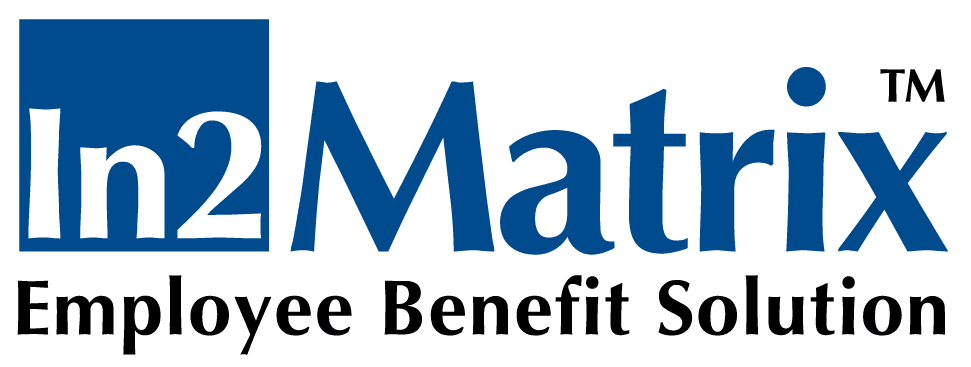New ways for taking Pension Income and
Tax Free Cash in Retirement
The Key Changes
FLEXI-ACCESS DRAWDOWN (FAD)
·
All new drawdown plans taken out from 6
April 2015 will be flexi-access drawdown (FAD).
·
There won’t be any limits on income
levels, as with flexible drawdown under the current rules.
·
There won’t be any minimum secure pension
income requirement.
·
The member can take 25% tax free cash
from their designated drawdown fund, subject to having available lifetime
allowance (LTA).
·
The balance of the fund can remain
invested. It can be paid as a lump sum, when the member’s marginal rate of
income tax applies. It can be used to provide flexible income, again subject to
the marginal rate of income tax. Or any combination of these is possible.
·
Once any income is taken, the £10,000
money purchase annual allowance applies (see below).
·
All pre April 2015 flexible drawdown
arrangements automatically become FAD.
CAPPED DRAWDOWN
- No new capped drawdown
arrangements can be set up post April 2015.
- Any existing plans can remain
in place. They will operate in the same way as currently, with three
yearly reviews and income restricted to 150% of GAD.
- It will be possible to convert
capped drawdown to FAD on the member’s request.
- Capped drawdown plans will
automatically convert to FAD if the member takes income exceeding 150%
GAD.
- The member retains the standard
£40,000 annual allowance where their income remains within GAD limits.
This is provided they don’t trigger the MPAA via any other arrangements.
- It will be possible to transfer
existing capped drawdown plans from provider to provider.
Individuals aged 55 and over may want to consider
designating some funds for capped drawdown before 6 April 2015, if they haven’t
already done so. If their drawdown product allows, they’ll be able to designate
further funds in the same arrangement post April 2015 and remain within the
capped drawdown regime. This means they can retain the full £40,000 annual
allowance for contributions, while being able to take drawdown income within
the 150% GAD limits. However, the existing anti tax free cash recycling provisions
will apply. Currently these provisions apply if someone takes at least £12,500
tax free cash (1% of the £1.25 million LTA) over a 12 month period, but this
will reduce to £7,500 from April 2015.
UNCRYSTALLISED FUNDS PENSION LUMP SUM (UFPLS)
- This is a new concept: a lump
sum drawn directly from uncrystallised money purchase pensions.
- 25% of the lump sum is paid
tax-free.
- The balance of the lump sum is
taxed at the member’s marginal rate of income tax.
- It’s possible to take a series
of UFPLSs, each of which will be treated as a mix of 25% tax free cash and
75% taxable funds.
- The disadvantage is that unlike
FAD, it isn’t possible to take the tax free cash without receiving taxable
income.
- Once an individual takes a
UFPLS, the £10,000 money purchase annual allowance applies (see below).
- Some restrictions apply to
members with primary protection, enhanced protection or lifetime allowance
enhancement factors affecting their tax free cash entitlement.
NEW RULES FOR LIFETIME ANNUITIES
·
One of the lesser known features of the new
flexibilities is that it will be possible for lifetime annuities to reduce as
well as increase in value, outside of the existing limited range of prescribed
circumstances. This may lead to providers developing new types of lifetime
annuity to provide for long term care costs, for example.
·
Taking income from this new type of a lifetime annuity
will trigger the MPAA, after concerns that it might provide a loophole in
respect of the anti income recycling provisions that apply when someone uses
UFPLS or takes income from FAD.
MONEY PURCHASE ANNUAL ALLOWANCE
- To prevent widespread abuse of
the new flexibility, a new anti-avoidance measure will be introduced – the
money purchase annual allowance (MPAA). It’s set at £10,000 a year from 6
April 2015.
- The MPAA applies:
- – when income is taken
from flexi-access drawdown (FAD),
- – when income above 150%
GAD is taken post 5 April 2015 from a capped drawdown fund,
- – when an uncrystallised
funds pension lump sum (UFPLS) is received,
- – when a payment from a
new style reducible lifetime annuity is taken,
- – from 6 April 2015 for
those already in flexible drawdown. Their situation improves, as they
currently have no annual allowance.
- The MPAA doesn’t apply:
- – where an individual
commences FAD, but doesn’t receive any income, that is, they just take
tax-free cash,
- – where an individual is
in capped drawdown (ie pre 6 April 2015) and doesn’t receive income above
150% GAD after 5 April 2015,
- – when small pots are
accessed.
- The MPAA only applies to money
purchase contributions. Someone who’s affected can still fund a defined
benefits scheme up to the normal £40,000 annual allowance limit, plus any
carry forward allowance.
- The MPAA can’t be carried
forward.
For more details on the operation of the MPAA, see
‘Closing in: the money purchase annual allowance’ which appeared in the
November 2014 edition of Techtalk.
This article was based on the guidance and draft
legislation issued as at 3 December 2014. It will not reflect any changes to
the Taxation of Pensions Bill from that date.
which is
authorised and regulated by the Financial Conduct Authority.
